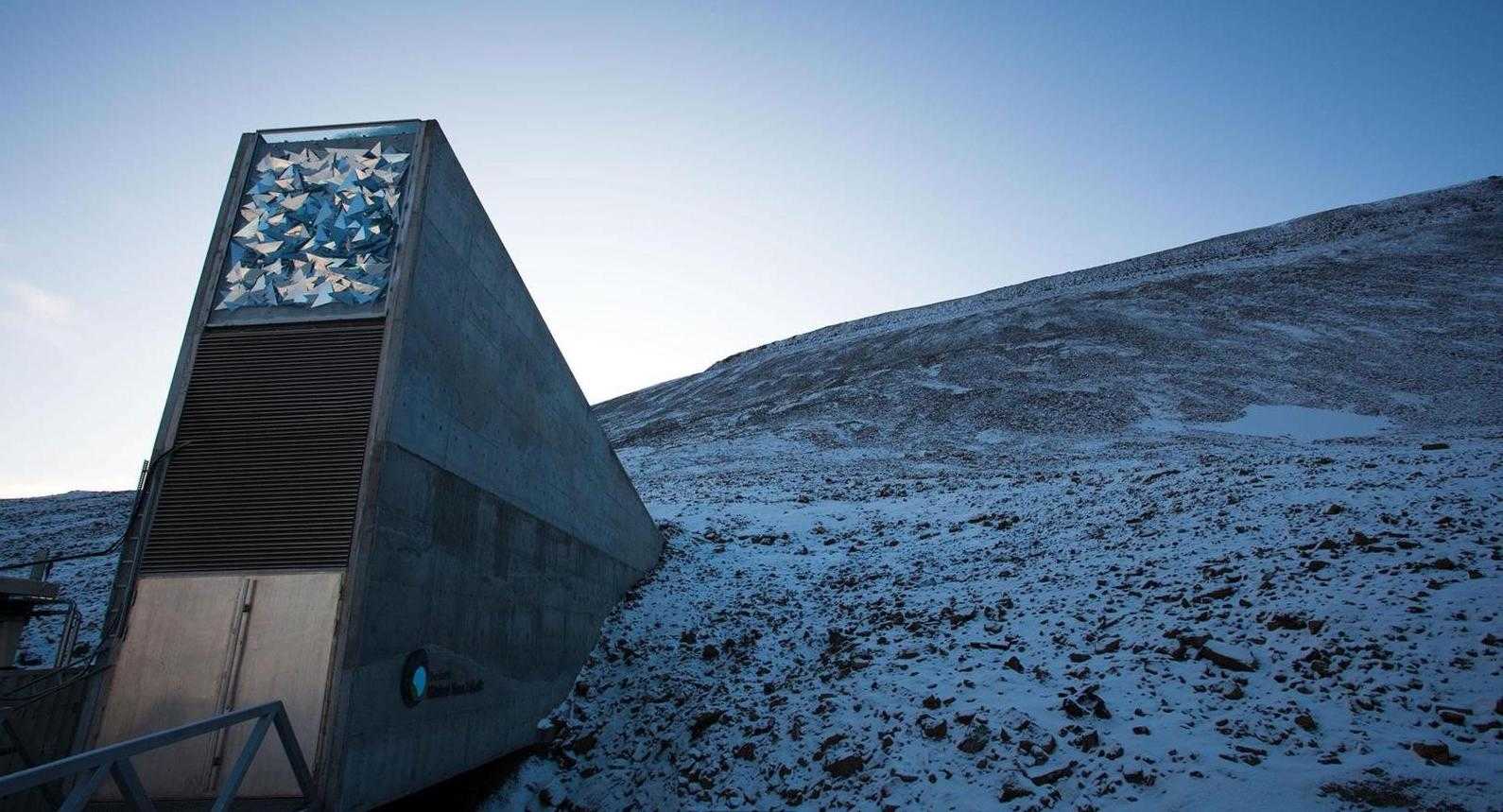2019-2020 seminar Antonia Majaca: Incomputable Subjects: On Unalienated Planetarity
Participating students in their first year: Alexandra Duvekot, Hubert Gromny, Ilgın Deniz Akseloğlu; and in their second year: Anastasia McCammon, Dorothy Hunter, Emma de Filippo, Konstantin Mitrokhov, Simon(e) van Saarloos, Mandus Ridefelt, Risa Horn
Incomputable Subjects: On Unalienated Planetarity from Month to Month
Incomputable Subjects: On Unalienated Planetarity
To call the new geological era “Anthropocene” implies that the Earth has somehow itself been rendered artificial by the impact of humans. The capitalist engineering of this ‘Artificial Earth’ has been accelerated over the last couple of decades, in parallel with the expansion of digital technological systems and the rise of the so-called “Artificial Intelligence.” These two historical processes of accelerated artificialization force us to revisit the old dilemma: if nothing precedes techne and labor, i.e. if it is true that where there is labor there is artificiality, then—what is not artificial? This question alone leads us back to the relation explored throughout the history of white male philosophy of technicity: the metabolic relation between man and techne. However, the dialectic implied in this relation has always retained that imaginary “outside of techne” by preserving the concept of the self-contained human capable of cognizing this separation. If, however, human is not given, but is, as Sylvia Wynter suggests—praxis, then such an understanding of human has something more fundamental in common with that originary techinicity and, in the conditions of our techno-permeated Earth, forces us to think the notion of intelligence anew.
While having in mind the complex artificiality of our “end times,” we will focus on examining the instrumental and extractivist relation of the Human/Anthropos towards both technology and nature. Invoking a radical break with this all-permeating logic requires, in the first instance, a critical engagement with the patriarchal gendering of both technology and nature. Thinking these two intertwined demands calls for a different epistemic ordering of a general intellect radically challenging the indwelling binaries maintained by the master narratives of originary technicity. The new general intellect is the intellect of what we could call “deep intelligence”: a double helix intelligence based on detechnologizing nature and denaturalizing technology—a project to cut across relations of production, the “three ecologies” as well as the discursive and imaginative registers of art and critical intellectual practice.
While keeping this broad epistemic/political project in mind, in our study we will think alongside a number of thinkers and doers critically engaging the notion of planetarity and the production of the “outside” (of labor and techne). Some of our broader questions will be: What is contained within and what is foreclosed by the notion of planetarity (including that of the “planetary computation”)? What is precluded by the image of the technologically contained totality? Some of our more specific questions might be: How is the “cold”/aggregate data divorced from the “warm” data? How does, for example, the visual nominalism of Google Earth influence the image of the “total outside?”
While thinking together the possibility of unalienated planetarity and deep intelligence of a new general intellect we will remain attentive to the simple fact that, as Spivak says: “The globe is on our computers. No one lives there”.
Seminar 1 (November) in Nieuwvliet
Reading:
1. Sylvia Wynter and Katherine McKittrick: “Unparalleled Catastrophe for our Species? Or, to Give Humanness a Different Future: Conversations,” in Sylvia Wynter: On Being Human as Praxis, 9-89. Ed. Katherine McKittrick, Durham and London: Duke University Press, 2015.
http://joshualubinlevy.com/uploads/3/5/3/6/35367669/katherine-mckittrick-sylvia-wynter-on-being-human-as-praxis.pdf
Viewing:
2.Denise Ferreira da Silva and Arjuna Neuman, “4 Waters: Deep Implicancy.”
Seminar 2 (January) in Epen
Reading:
1. Gayatri Spivak, “Planetarity,” Dictionary of Untranslatables: A Philosophical Lexicon, edited by Barbara Cassin, 1223, Princeton and Oxford: Princeton University Press, 2004.
https://slowrotation.memoryoftheworld.org/Barbara%20Cassin/Dictionary%20of%20Untranslatables_%20A%20P%20(14416)/Dictionary%20of%20Untranslatables_%20-%20Barbara%20Cassin.pdf
2. Angela Davis, Gayatri Chakravorty Spivak and Nikita Dhawan, “Planetary Utopias,” Radical Philosophy 2, no.5 (2019).
https://www.radicalphilosophy.com/article/planetary-utopias?fbclid=IwAR28nM6yhHF1inqqEnfj98OCFsX83GD8ZCV7gjzLzdlMelW9I8fIGi4HHhY
3. Jennifer Gabrys, “Becoming Planetary,” e-flux, 2 Oct 2018.
https://www.e-flux.com/architecture/accumulation/217051/becoming-planetary/
4. Viewing: Susan Schuppli, “Trace Evidence.”
Seminar 3 + 4 (March) online in Tunis
Reading:
1. Felix Guattari, Three Ecologies, London: Athlone Press, 2000.
https://monoskop.org/images/4/44/Guattari_Felix_The_Three_Ecologies.pdf
2. Stefano Harney and Fred Moten, “Base Faith,” e-flux journal 86 (November 2017). https://www.e-flux.com/journal/86/162888/base-faith/
3. Donna Haraway and Anna Tsing, “Reflections on the Plantationocene,” Edge Effects Magazine, 18 June 2019.
https://monoskop.org/File:Reflections_on_the_Plantationocene_A_Conversation_with_Donna_Haraway_and_Anna_Tsing_2019.pdf
4. Optional: Donna Haraway, “Tentacular Thinking: Anthropocene, Capitalocene, Chthulucene,” e-flux journal 75, (Sep 2016). https://www.e-flux.com/journal/75/67125/tentacular-thinking-anthropocene-capitalocene-chthulucene/
Viewing: Filipa Cesar and Louis Henderson, “Sunstone”
Seminar 5 (May) online
Reading:
1. Deborah Danowski and Eduardo Viveiros de Castro, “World on the Brink,” in The Ends of the World, 109–123, Cambridge, UK: Polity Press, 2017.
2. Denise Ferreira da Silva, “Toward a Black Feminist Poethics: The Quest(ion) of Blackness Towards the End of the World.” The Black Scholar 44, nr. 2 (2014): 81–97.
https://www.academia.edu/8409323/Toward_a_Black_Feminist_Poethics_The_Quest_ion_of_Blackness_Towards_the_End_of_the_World_._The_Black_Scholar_44_2_
3. Jonathan Beller: “The Computational Unconscious,” b20 , August 1, 2018. https://www.boundary2.org/2018/08/beller/
4. Optional: Jonathan Beller, The Message Is Murder, Northhampton: Pluto Press, 2018.
https://www.oapen.org/viewer/web/viewer.html?file=https://www.oapen.org/document/642743
Seminar 6 (June) online
Open reflection session
A semi-public program of performative readings, viewings and discussions based on the seminar themes will be conceptualized and performed by our group and invited guests.

